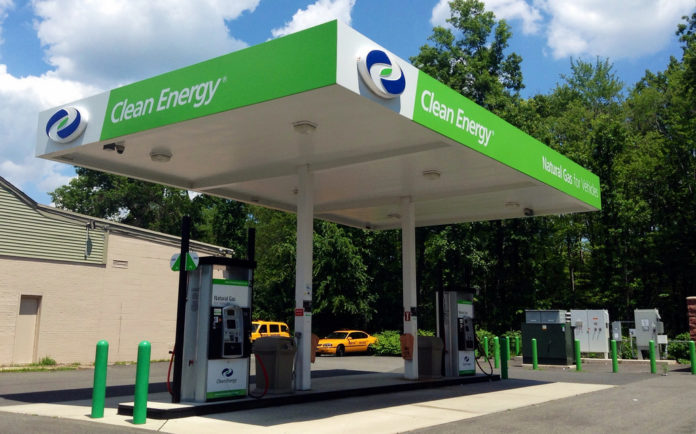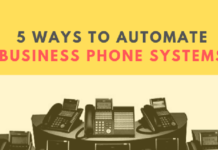Imagine a life without electricity. It isn’t easy to do. Most of us take for granted that we can flip a switch and illuminate our homes and offices since Thomas Edison invented the lightbulb in 1879. But for one in seven people on earth today, life alters dramatically once the sun goes down. A lack of electricity means spending 10 percent of your income on kerosene, a dirty, expensive, dangerous fuel. It means inhaling fumes equivalent to smoking two packs of cigarettes a day. It means spending hours searching for firewood to cook each meal. It all adds up to inhibiting human potential and harming the earth.
It doesn’t have to be this way.
Ten years ago, Acumen made a commitment to raise philanthropy to invest patient capital in entrepreneurs determined to find market-oriented solutions to energy poverty. At the time, there weren’t a lot of viable solutions available that were financially sustainable, affordable to the poor and good for the environment, but a few entrepreneurs were beginning to experiment with solar-powered lights, biomass (a renewable source of energy that comes from burning waste like rice husk), and micro-hydro systems. These entrepreneurs stood out for their willingness to experiment, their commitment to see the poor as customers, and their razor-sharp focus on using clean energy to light the world. No one had the answers, but Acumen, armed with philanthropic support from our pioneering community of partners, was determined to experiment at the edge.
And, so we did.
In the past decade, Acumen has invested more than $20 million as equity and debt in 20 energy companies across South Asia and Africa. With our investees, we came to understand the power of patient capital in creating entirely new markets for people surviving on a few dollars a day. Entrepreneurs seeking viable solutions to energy poverty had to fight a status quo of kerosene and diesel providers entrenched in bureaucracy and, too often, corruption. They had to convince low-income people to risk their hard-earned income on technologies they had no reason to trust, with few financing options available.

The good news is that we bet on the right entrepreneurs with the right vision and, more importantly, the moral imagination, grit and resilience to commit to purpose before profit and not give up. As those entrepreneurs created a path toward renewable energy, the world changed around them, too. The price of solar dropped by more than 80 percent. An ecosystem of players emerged to develop solar product opportunities that could improve lives in significant ways. Brand awareness developed as low-income markets moved from pre-nascent to fledgling. Patient capital attracted not only additional investment but also grant support for marketing and technical assistance. Progressive corporations supported companies to develop more robust supply chains. Paths to productivity from off-grid energy became more visible, believable and, ultimately, attractive to a wider spectrum of investors.
Thanks to those pioneering philanthropists who enabled Acumen to take this bet, more than 81 million people have sustainable sources of energy today. Eighty-one million. It’s impossible to compare this to what it would have cost to give those lights away with charity because it required the patient capital investments to create the low-cost technologies in the first place. It is, however, worthy of consideration because, while these investments may take longer, they can change overall systems. Forever.

Lean Data provides us with more than simply the number of people reached and jobs created. We now know the various levels of income customers earn and whether they see a tangible change in their lives. For instance, with solar light, individuals typically stay active an extra hour each night. Children also study about an hour more. Customers tend to value peace of mind and security. And, last but not least, our investments have kept more than 6.4 million tons of carbon dioxide and black carbon from being released into the atmosphere.
Understanding impact in off-grid energy matters more than ever, especially on a continent like Africa, which still has more than 600 million people living without electricity. Our experience has led us to believe that Africa has a unique opportunity to solve its energy problem with safe, affordable solar power and leapfrog the electrical grid altogether. We have taken what we have learned over the last 10 years and are in the process of building a $100 million initiative to scale energy companies and develop a robust solar ecosystem in East Africa. We are also doubling down on our philanthropy-backed investing to support early-stage energy companies in East and West Africa, Latin America and South Asia through our Pioneer Energy Investment Initiative.
We feel proud to be part of the clean energy revolution and to have done so standing with the poor each step of the way, for our vision is a world in which everyone has access to energy to release their own potential. We have learned what it will take and have been able to turn philanthropic dollars into massive impact while betting that we will see financial returns that enable us to invest in more pioneering entrepreneurs.
Importantly, this work has deepened our understanding of our own humanity. In speaking with an elderly man in Rwanda, I was struck by his words about loneliness and living in darkness. With solar lighting, he no longer feels insecure when he lies on the mat on his hut’s hard floor. With the power to charge his radio, he can bring voices of the world into his tiny home. While I wish for him a mattress and a pillow to rest his head, the fact that he can turn on his lights with a flick of a switch means he is a step closer to a life free from fear, a life free to bring our best selves to each other, a life of dignity.
Our intent with our new Energy Impact Report is to share our impact and our insights from our journey investing in solutions to end energy poverty, and to inspire more people to recognize that, for the first time in history, bringing affordable electricity to every human on earth is within our collective reach.
source: medium.com












